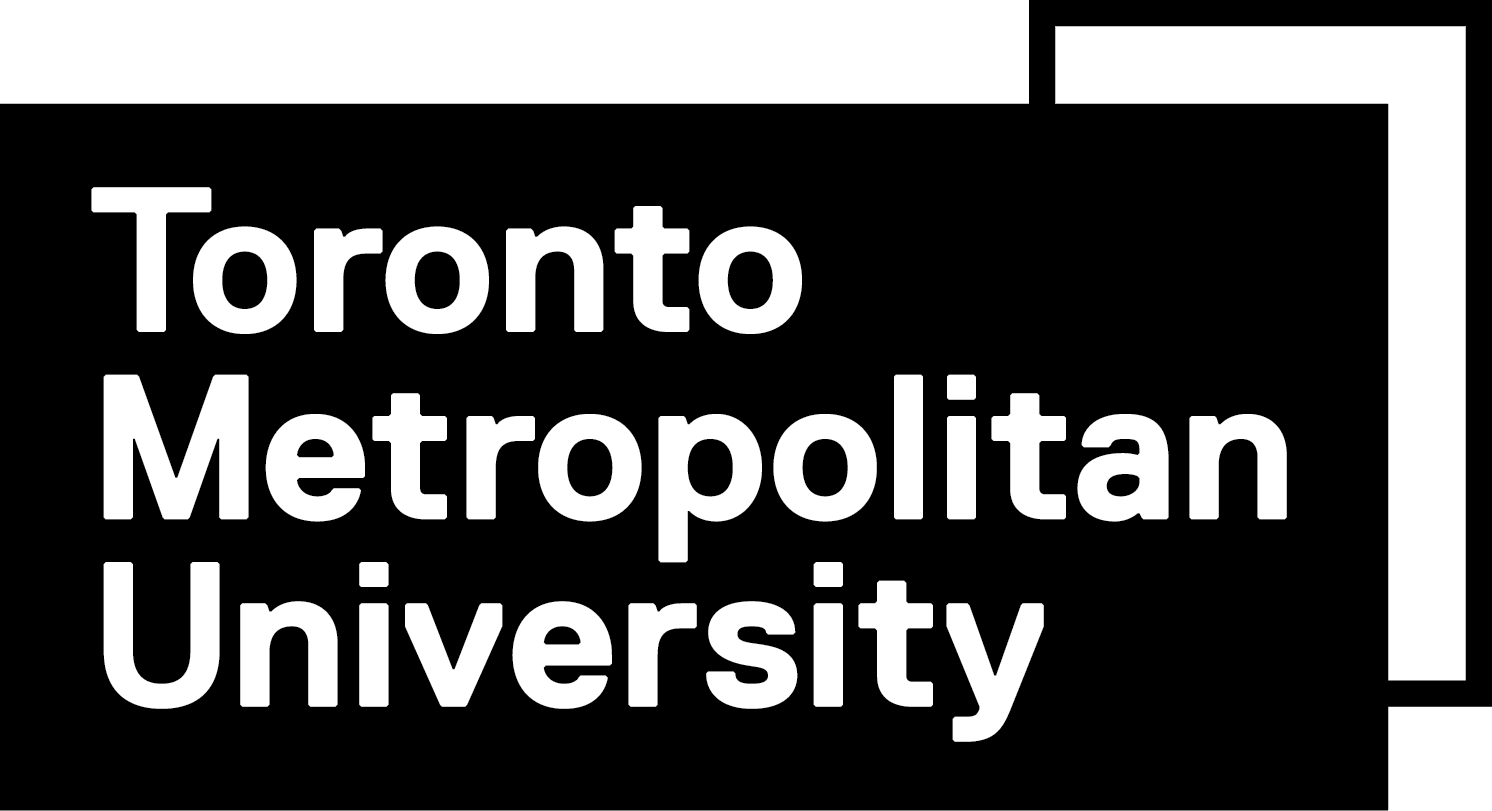
Transitioning to Jobs in the Clean Economy
Skills Are Valuable and in Demand
Français Spokesperson Darren Gresch • Updated January 30, 2023
One in five Canadian employees works at a job that’s vulnerable to automation. The clean economy is a rapid-growth sector that needs workers. Is there a way to solve for both?
Employees working high-risk, low-mobility (HRLM) jobs have few options to transition into lower-risk occupations without undergoing retraining.
Transitioning workers to the clean (or green) economy addresses multiple labour market challenges. It’s also timely, given the Canadian government’s focus on climate change and integrating clean technologies to meet global targets.
Blue Occupation Pathways
January 30, 2023
The global ocean economy is expected to double in size to $3 trillion between 2016 and 2030. Given the increase in activity and Canada’s enormous coastline, the sustainable blue economy (SBE) is an area of high economic potential for Canada.
Impact paper • 20-min read
Rapid-Growth Clean Economy Jobs Are a Good Opportunity
Most HRLM workers are willing to work in clean economy jobs. Nearly three-fourths of workers we surveyed responded positively when asked if they’d be willing to transition.
Workers want high-quality, long-lasting jobs they can take pride in. Any hesitancy in transitioning to the clean economy isn’t necessarily about the clean economy itself—it’s about whether these new jobs offer the same level of security as workers’ existing jobs.
The good news
Clean economy occupation pathways are open to nearly all workers with a HRLM occupation with sufficient retraining. But these transitions vary considerably by skillset, and the ability to transition is uneven across the provinces.
The opportunity
Given the transition barriers and the scale of the issue, employers, governments, and other stakeholders need to provide stronger support for re-skilling and up-skilling at-risk workers, and address career transition barriers.
Q: Would you consider transitioning to a clean economy occupation?
(percentage of respondents; n = 518)
Source: The Conference Board of Canada.
Key Findings
High-Risk Occupations
High-risk occupations exist across provinces.
Green Transition
The green transition will create more job opportunities. But it will change the skills required in existing occupations.
Technology Adoption
As technology adoption increases, skills gaps will keep growing.
Transitioning Barriers
Barriers such as compensation and job security, come in the way of workers transitioning.
Training for Transitioning
There is an opportunity to provide training and facilitate transitioning to other occupations, such as those in the clean economy.

Recent Releases
About This Study
The Conference Board of Canada, on behalf of the Future Skills Centre, is leading a study that explores the labour market impacts of automation in Canada.




Related Research

A Path Forward: Job Transitions in Canada
Education & Skills March 16, 2021
Workers considering a career change need to better understand how to capitalize on their current skills, education, abilities, experience, and knowledge. Similarly, human resource professionals, educational institutions, and labour market policy-makers need a better sense of what skills, education, abilities, experience, and knowledge characteristics make someone more employable, today and in the future.
Impact paper • 25-min read
Partner: Future Skills Centre

Modelling Job Transitions in Canada
Education & Skills March 16, 2021
Employment in Canada is going to look different in the future. The types of education, abilities, skills, and experiences that employers seek are evolving amid a confluence of forces reshaping the nature of work around the world. Disruptive technologies like artificial intelligence and robotics, unmanned vehicles, and the Internet of Things, the growing share of knowledge-based services, and the rise of technology-enabled platforms will reshape careers.
Primer • 20-min read
Partner: Future Skills Centre






